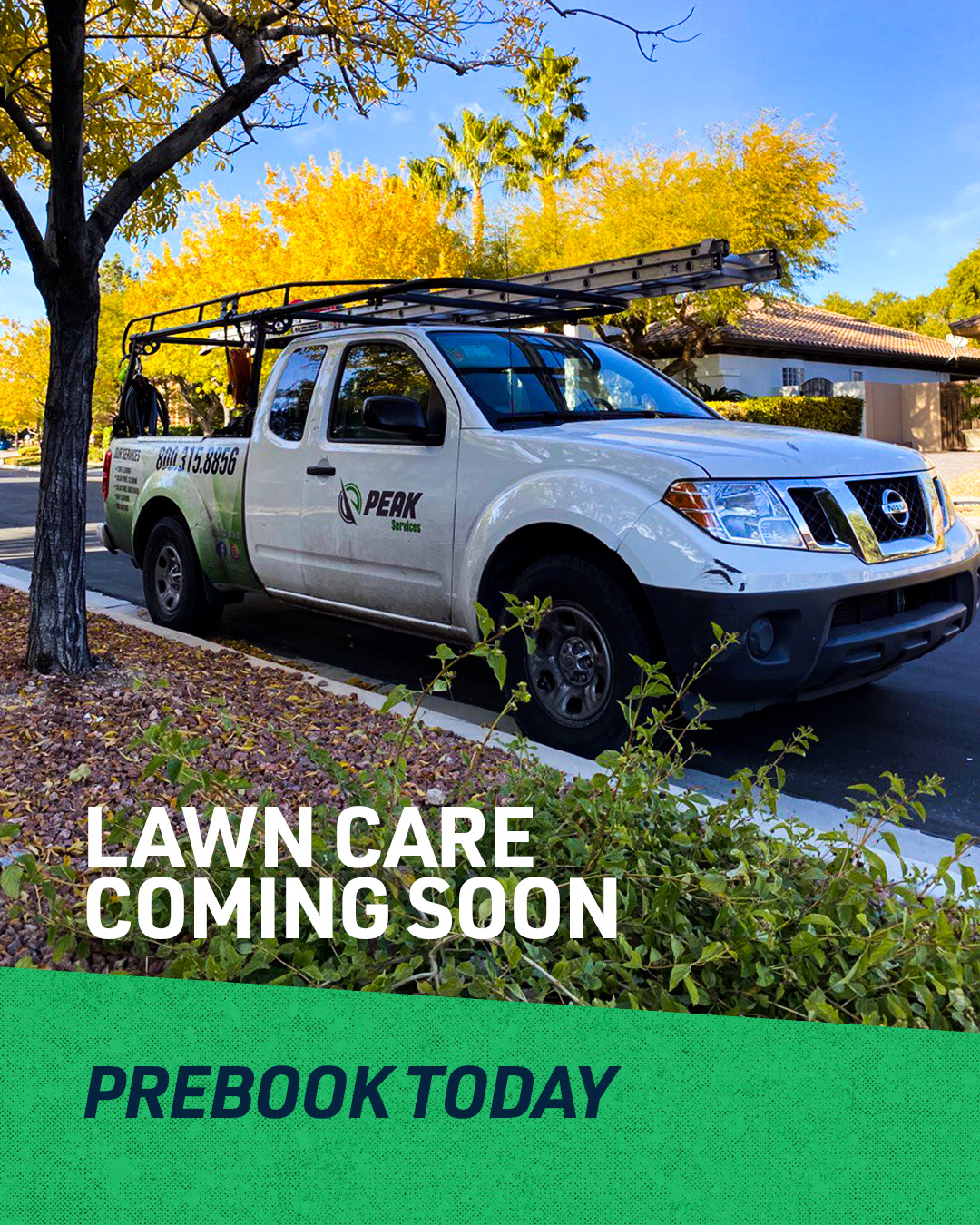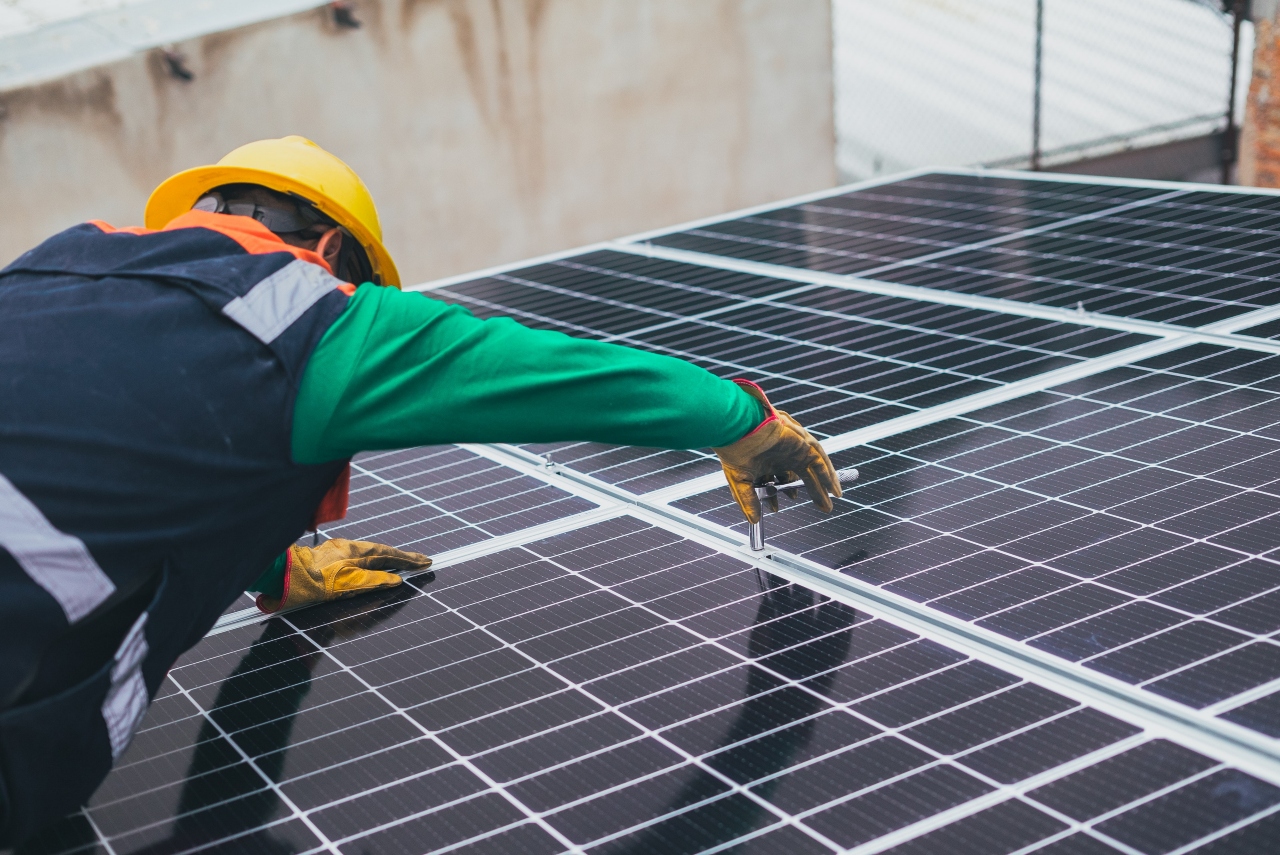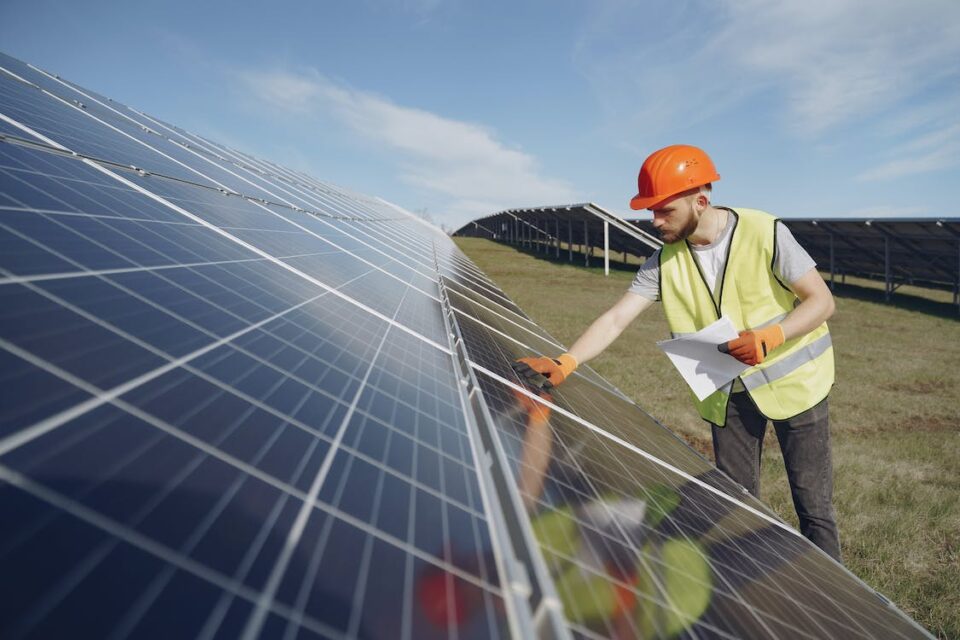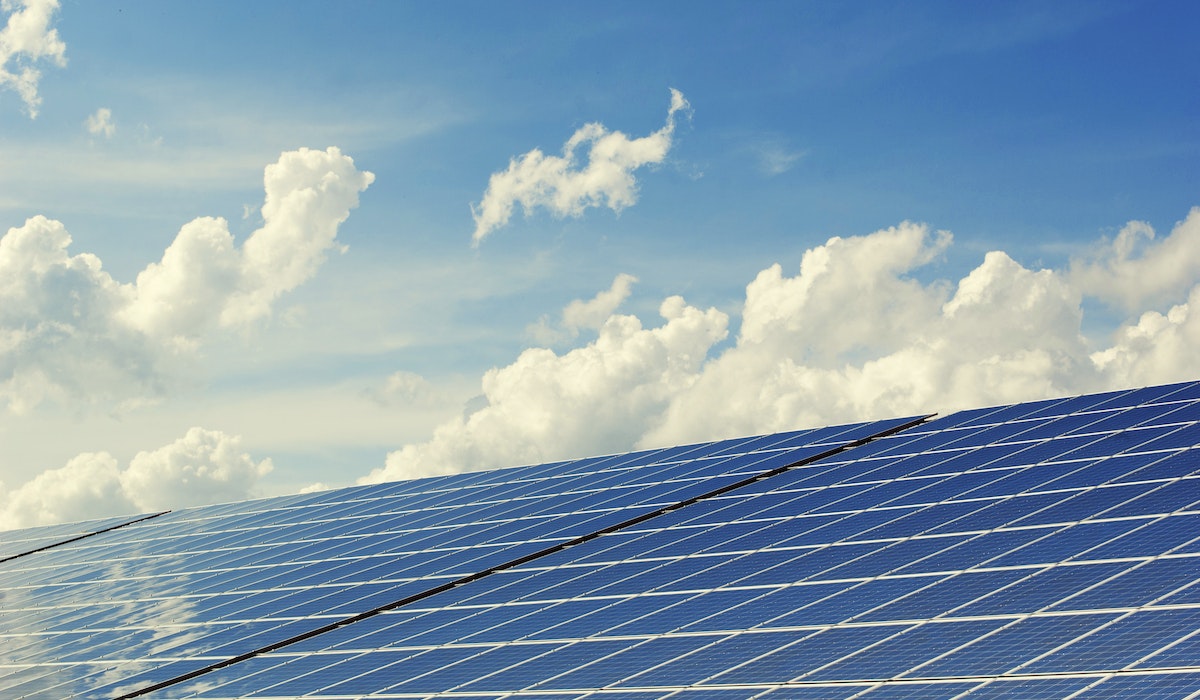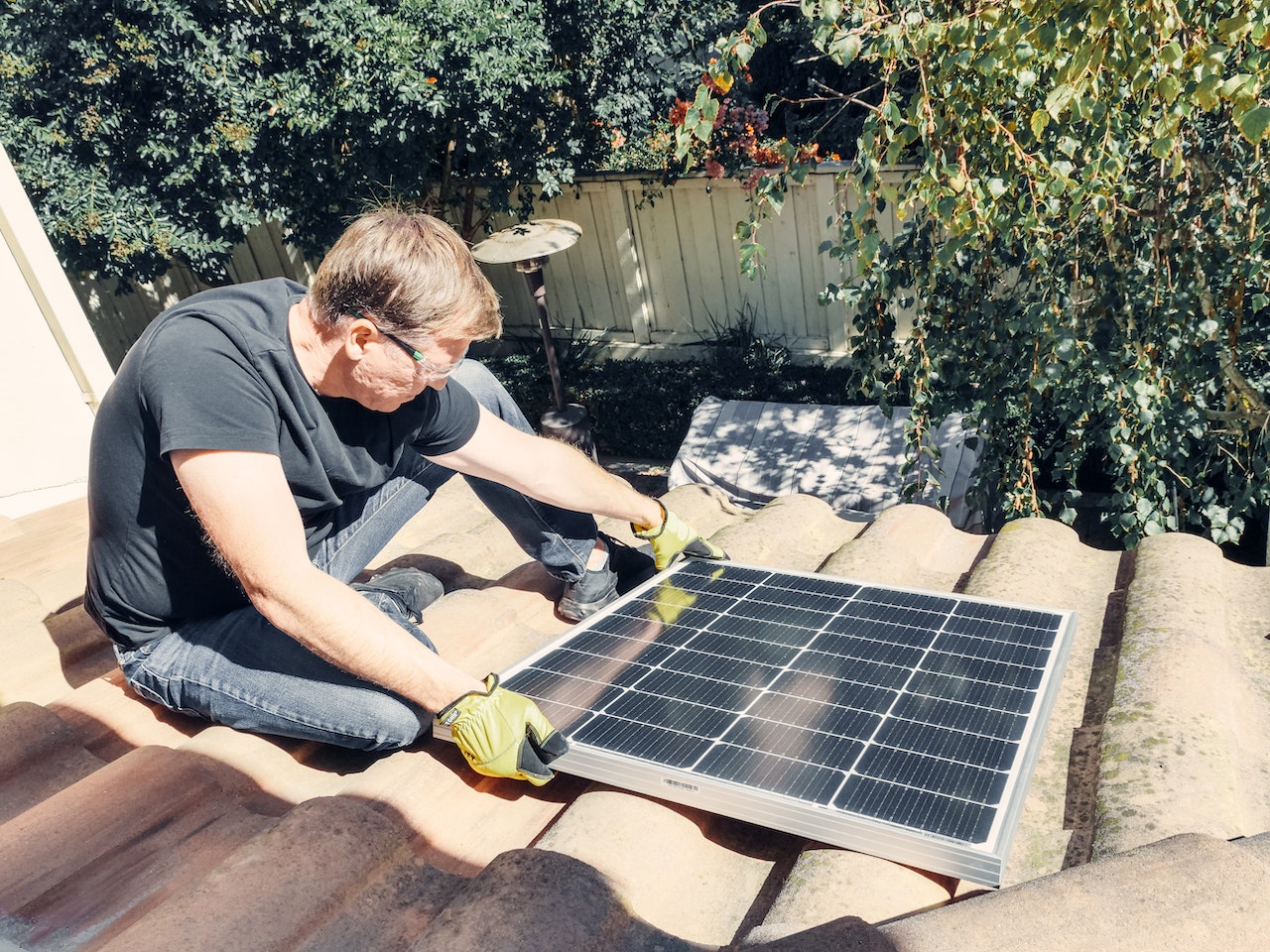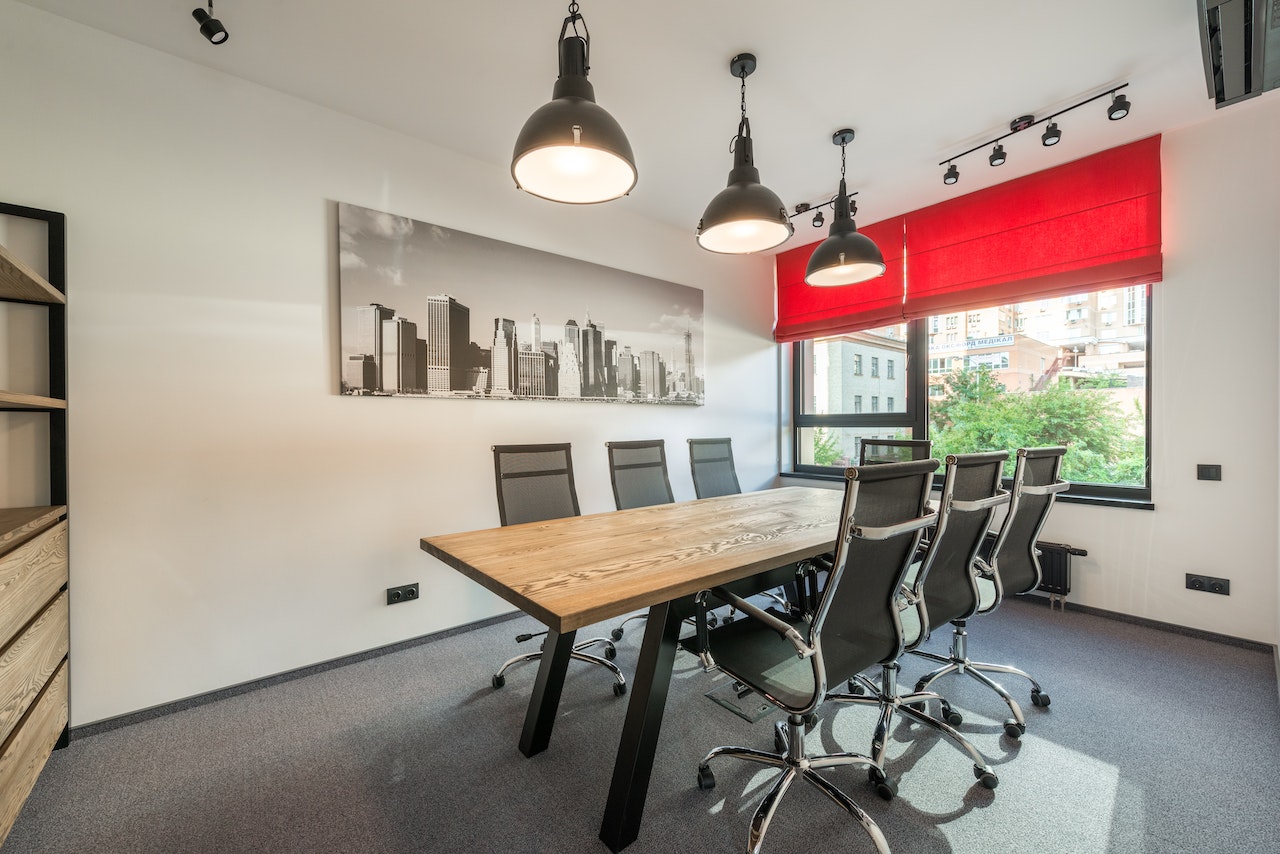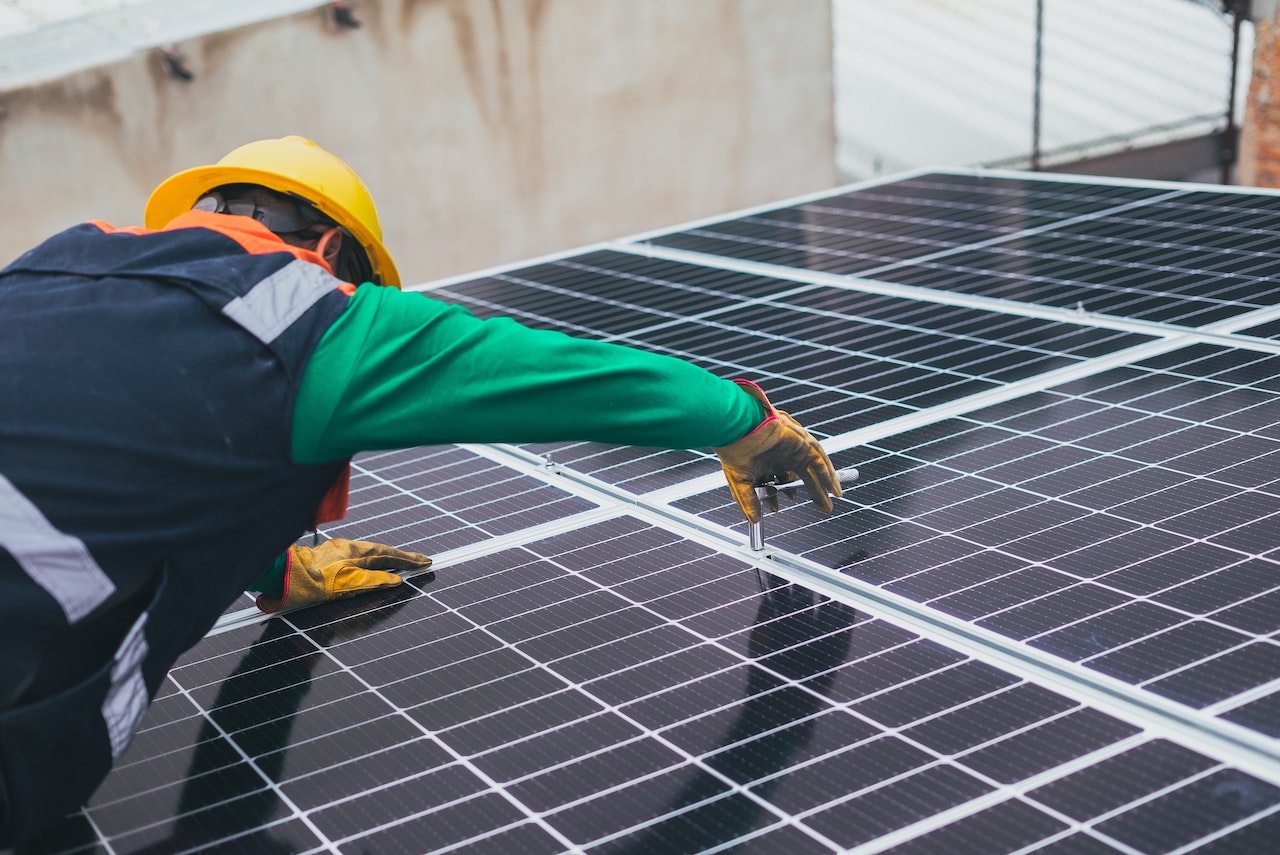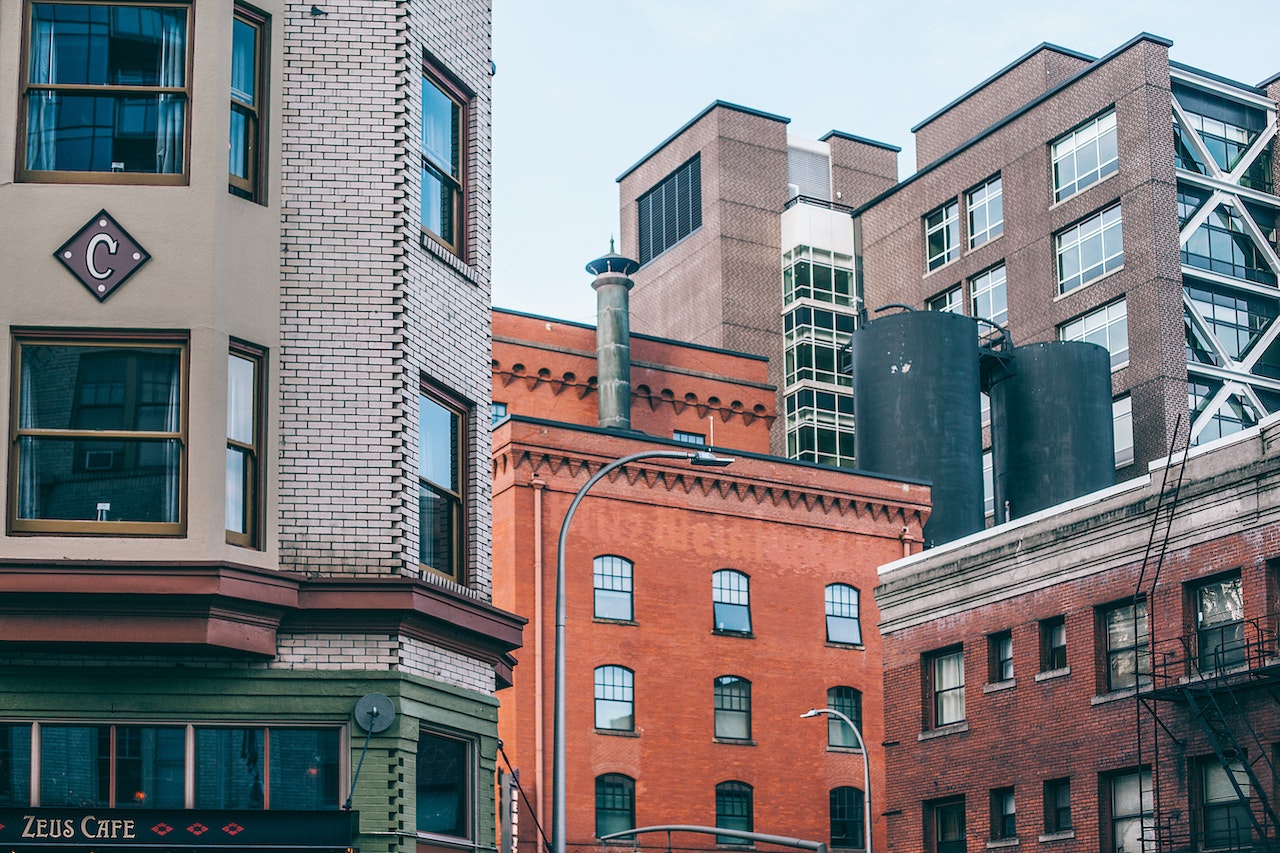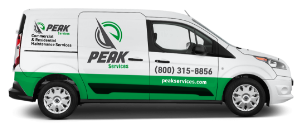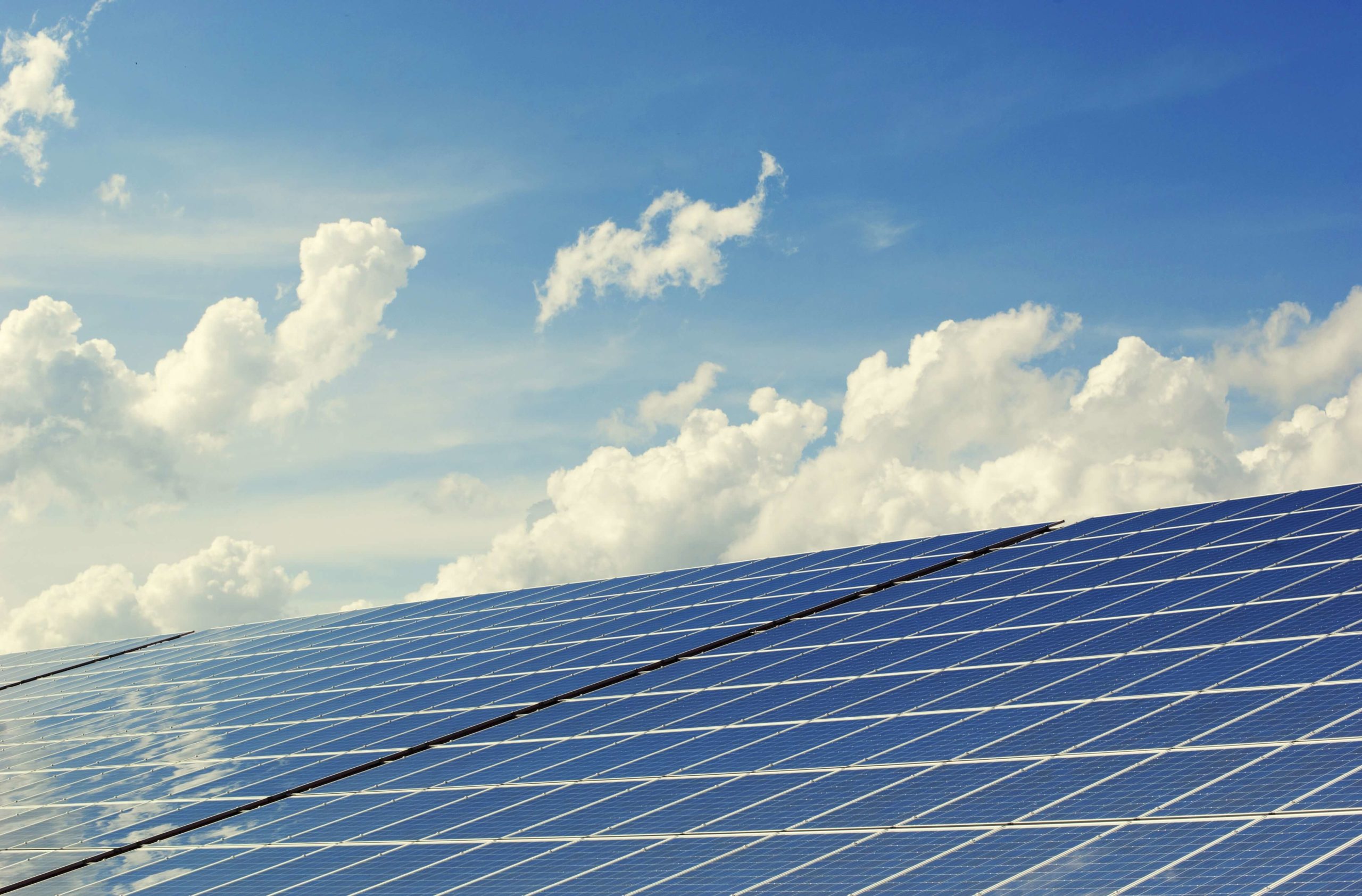
Solar panels are one of the most popular ways homeowners and businesses alike can reduce their carbon footprint, lower their energy costs, and show their commitment to fighting climate change.
Whereas you may think of solar panels as being a permanent solution, they do wear out. It’s important to be clear about what to expect from your solar panels before you make the investment.
How Long Do Solar Panels Last on Average?
First of all, how long do solar panels last? The average lifespan is between 25 and 30 years, although they can last significantly longer, depending on the model and your energy needs.
In fact, most solar panels come with a 25-year warranty, which means there’s no chance you’ll need to pay for a new system sooner than this.
The Solar Panel Lifespan Explained
When solar panels near the end of their life, they don’t just stop working. Rather, the energy they produce becomes much lower than when you first installed the solar panels because they’re unable to absorb as much sunlight.
This means that determining when solar panels need replacing can be difficult. To some extent, it’s down to the discretion of the property owner.
Solar panels have this kind of lifespan because of natural degradation: the gradual reduction in their output. It’s normal for solar panels to have a degradation rate of around 0.5 percent per year.
In other words, the typical solar panel will be producing about 87.5 percent of the energy it did when it was new after 25 years. A warranty typically guarantees that you’ll receive at least 80 percent of the rated output.
Top Four Factors That Affect Solar Panel Durability
Why do some solar panels degrade faster than others? This is actually due to several factors.
1. Quality of the System
When you’re buying solar panels, you’ll notice that the price varies quite considerably between brands. This is, at least in part, down to their quality. Lower-quality solar panels degrade faster than high-quality ones.
2. Extreme Weather
Certain types of inclement weather can damage solar panels. Recurring hail storms and debris falling on the solar panels can cause microcracks in the anti-reflective glass coating.
These microcracks later turn into full cracks and break the solar panel. In addition, heavy snowfall left on your solar panels can ruin the structural integrity of the glass or it may freeze and cause microcracks, either of which will mean your panels degrade faster.
Finally, extreme temperature changes can cause the solar cells and the metal parts of your system to expand and contract too quickly, which can weaken the materials.
If your system comes with a warranty, this should cover you in the case of extreme weather that damages your solar panels to the point they stop working.
The good news is weather damage is relatively rare: since 2000, only around 0.05 percent of solar panels have failed per year.
3. Improper Installation
Only trained professionals should install your solar panels. An improper installation could mean you never gain full energy output from your solar panels, they degrade too fast, or you suffer from problems later.
4. Lack of Maintenance
Solar panels require minimal maintenance — but this doesn’t mean there’s no maintenance. In dry climates, there’s often insufficient rain to keep your solar panels clean.
Plus, there’s always a risk that a component could become damaged or stop working. You’ll only know about this damage if you receive regular checkups.
What Are the Longest Lasting Solar Panels?
The solar panels with the lowest degradation rate last the longest. Premium models degrade at a much lower rate than average — as little as 0.3 percent per year, which means your panels will be operating at 92.5 percent of their original output after 25 years.
In contrast, the lowest-quality brands may have a degradation rate of 0.8 percent per year, which is 80 percent of their original output after 25 years. You should compare degradation rates when deciding what system to purchase.
How Often Do Solar Panels Need to Be Replaced?
No matter how long your solar panels last, there will come a time when you start to question if it’s time to replace them. If the 25-year warranty period is up, you may be considering switching to new solar panels in the near future to regain your previous efficiency.
However, since this will be a big investment, it’s worth considering carefully whether this is the right decision for you.
As a general rule, there’s no need to replace your solar panels if none of them are broken and they’re still providing you with enough energy.
Even 80 percent efficiency may be fine — as long as this meets your energy needs. In contrast, you should replace solar panels if they now produce insufficient energy for your home or business or if you’ve failed to maintain them and now some of the panels are broken.
What Happens to Solar Panels When They Die?
Solar panels are made of glass and metal photovoltaic modules. Unfortunately, these components can be challenging to recycle, particularly when adhesives and sealants make just dismantling them difficult.
In fact, the long lifespan of solar panels is part of the problem: they’re built to last, not to break down easily. Plus, technology has advanced considerably in the last three decades, which means components from those that have now reached the end of their life are no good for modern-day models.
Another issue is that recycling is not particularly cost-effective. Much of the material in solar panels that are easy to recycle is low value. This reduces the incentive for companies to even try and recycle solar panels at all.
Nonetheless, specialist recycling companies are now taking an interest in degraded solar panels, particularly since there’s likely to be an influx in solar panels reaching the end of their lives in the next few years.
How to Make Your Solar Panels Last Longer
If you’re concerned about the expense you’ll incur and the waste you’ll create when the time comes to replace your solar panels, the best thing to do is extend your solar panels’ life expectancy. Luckily, this is simple to do.
1. Find the Right Solar Panels for You
Choose solar panels designed for the climate where you live. By selecting a system that has been tested to withstand the types of weather conditions your solar panels are likely to face, you reduce the risk of damage.
To ensure you receive a high-quality system, it may be worth working with a trusted advisor. However, if you want to make the decision on your own, read reviews for solar panels, compare degradation rates, and check the terms of the warranty carefully.
2. Regular Maintenance
It’s important to wash your solar panels periodically to remove any dirt or debris. Not only does a buildup of dirt reduce efficiency, but debris left on your solar panels can also cause scratches and microcracks.
You’ll need to clean your system more often if you live in an arid climate where your solar panels are exposed to sand or if you’re near agricultural land where pollen and dust may land on your solar panels.
Schedule a professional cleaning if you notice your panels are less efficient than normal or if they look dirty, such as if they’re covered in bird droppings.
3. Keep Nearby Branches Trimmed
Reduce the risk of damage by trimming trees that could drop branches on your solar panels in a storm.
Keeping your system clear of obstructions will also ensure that the maximum amount of sunlight is able to fall on the glass throughout the day to keep energy output high.
4. Performance Checks
It’s worth receiving regular performance checks from an expert even if your solar panels haven’t suffered any damage.
If you notice that performance has dropped considerably, you should receive service immediately — inclement weather or improper cleaning may have damaged your solar panels.
A checkup will normally include an inspection of the meter, the inverter, the seal that protects the panels, and other components to ensure your panels are working efficiently.
A professional will also notice problems that may be invisible to you, such as microcracks, exposed wiring, and loose racking. You should never attempt to check for these issues yourself, as you could end up doing more harm than good if you scratch a panel or damage it in another way.
5. Installation from a Qualified Specialist
There are many things to take into account during the installation of solar panels. For this reason, it’s crucial that you work with a qualified solar specialist. A knowledgeable provider will consider:
- The monitoring position. It’s critical that the position of the solar panels maximize their exposure to sunlight. Since the sun moves over the course of a day, it’s typically best to have south-facing solar panels, but this does depend on the property. A specialist will be able to assess what’s best for you.
- Airflow. You may think that high temperatures would be great for solar panels because you’ll be exposing them to even more energy. However, solar cells are only able to absorb certain wavelengths: they convert light energy into electrical energy, whereas heat energy is useless to them. In fact, temperatures that are too high can damage your solar panels. To prevent this from happening, solar panels needed to be installed with enough space between them and the roof to create a ventilation system.
- The condition of your roof. A reputable installer will always assess the condition of your roof before agreeing to install solar panels. The last thing you want is to install a system on a roof that’s in poor condition. If you suddenly suffer a leak, you may need to remove your solar panels to repair the roof, which means an unnecessary expense. Plus, you could end up damaging the solar panels in the process, voiding your warranty. Worse still, the extra weight of the solar panels on an already-damaged roof could cause the structure to collapse.
6. Track Electricity Generation
Modern solar panels often come with apps that allow you to track how much electricity you’re generating on a monthly or even daily basis. If yours don’t come with this feature, you can purchase a physical tracker.
Either is useful for monitoring the electricity output to check if it remains within a normal range. A sudden drop is an indication of a problem that you need to fix as soon as possible.
7. Replace Broken Components
It’s more likely that the hardware in your system will fail than the solar panels themselves. Replacing these pieces quickly can restore your system to normal. Some components that may break include:
- The inverter. It’s the inverter that turns DC electricity into usable AC electricity. After about 10 to 15 years (less than half the life expectancy of your solar panels), it’s likely that you’ll need a new inverter.
- The racking system. Exposure to heat and cold, rain, and snow can mean the racking system that holds the solar panels to your roof becomes worn out and needs replacing.
- Solar batteries. Backup batteries tend to have a much lower lifespan than the solar panels themselves — with warranties usually being between three and 10 years. However, you can extend their life expectancy by receiving regular checkups and asking a qualified specialist to install them.
What does all this mean? Are solar panels a good investment? If you consider the savings (plus all the other benefits) you’ll gain from having solar panels for at least a couple of decades, it’s clear that they can be a great investment.
You’ll gain even more value for money by simply maintaining your solar panels to extend their lifespan. For commercial and residential maintenance services in Las Vegas, you have Peak Services. Contact us for a free quote.

